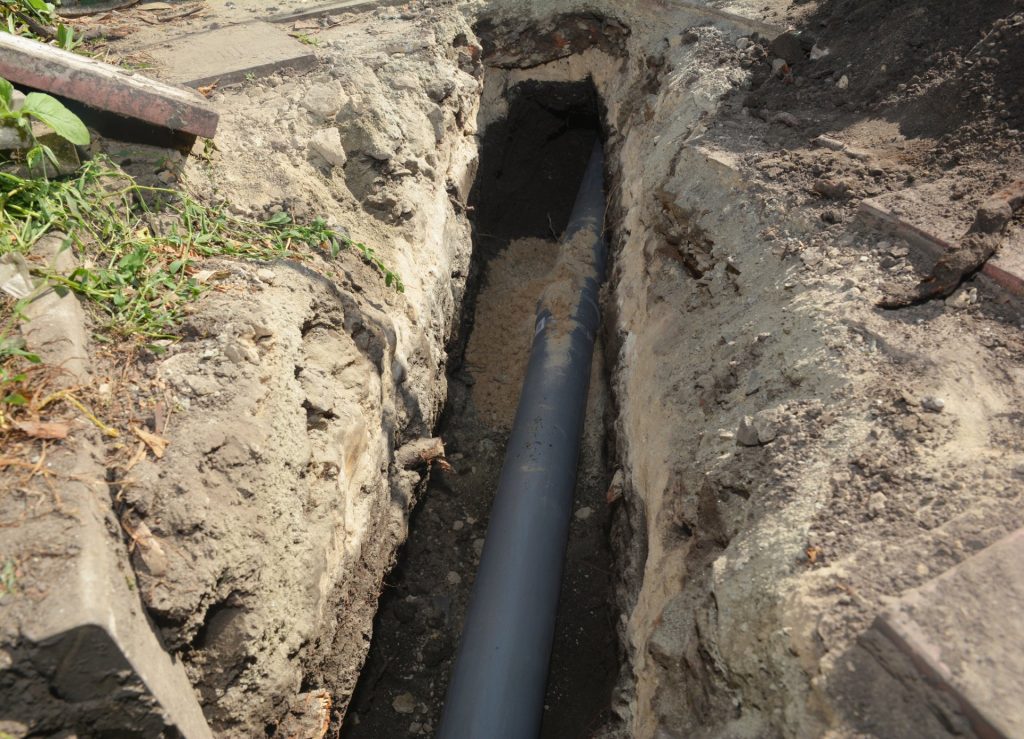The importance of regular pipeline maintenance is reflected in many aspects, and the following is a detailed explanation:

Preventing Leaks and Spills: Regular pipe inspections and maintenance can identify potential issues before they lead to leaks or spills, which can be environmentally damaging and costly.
Ensuring Safety: Well-maintained pipelines reduce the risk of accidents and failures that can pose safety hazards to workers and nearby communities.
Extending Lifespan: Routine maintenance helps extend the operational life of pipelines by addressing wear and tear, corrosion, and other issues before they become severe.
Compliance with Regulations: Many regions have strict regulations for pipeline maintenance. Regular upkeep ensures compliance and helps avoid legal and financial penalties.
Reducing Costs: Addressing minor issues early can prevent them from escalating into major problems, which are often more expensive to pipe repair.
Maintaining Efficiency: Proper maintenance ensures that pipelines operate at peak efficiency, reducing energy consumption and improving overall performance.
Minimizing Downtime: Scheduled maintenance helps prevent unexpected breakdowns and the associated downtime, which can disrupt operations and lead to significant losses.
Protecting Reputation: Companies that invest in regular pipeline maintenance are seen as responsible and reliable, which can enhance their reputation and trustworthiness.
Environmental Protection: Regular maintenance helps prevent environmental damage by ensuring that pipelines are functioning properly and not leaking harmful substances.
Overall, regular pipeline maintenance is essential for operational efficiency, safety, environmental protection, and cost management.






